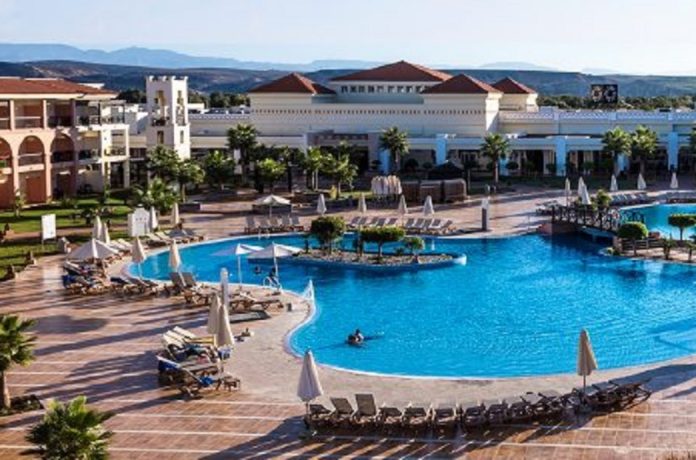Morocco has taken a decisive step in overhauling its tourism industry, with the publication of five new decrees in the Official Bulletin. These measures finalize the regulatory framework for Law 80-14 on tourist accommodation, signaling a new era aimed at raising industry standards and aligning them with international norms.
Under this reform, all types of tourist lodging will now follow a unified star-based rating system. Gone are the days of scattered classifications for guesthouses and tourist residences—moving forward, they’ll be rated on the same star scale as hotels. Even traditional accommodations like Riads and Kasbahs will be included, with their distinctive cultural charm better recognized and evaluated within the new structure.
This simplified system offers clarity for international travelers and gives tourism professionals a consistent benchmark for positioning their offerings. More importantly, the evaluation process will no longer focus solely on amenities. Service quality is now a core criterion, with independent auditors conducting mystery visits to assess performance. These evaluations will be based on a comprehensive set of standards developed with the support of the World Tourism Organization, using up to 800 checkpoints depending on the property’s category.
Another major change is that these classifications won’t be permanent. New establishments will need to renew their rating every seven years, and then every five years thereafter. This recurring evaluation is designed to ensure consistent service standards and accountability across the sector.
For high-end tourism, the reform opens up new investment opportunities. Five-star and luxury hotels will now be allowed to develop “Attached Real Estate Residences”—a hybrid concept blending hospitality and private ownership. These residences, often in the form of villas, can be sold to individuals while remaining part of the hotel’s managed services, catering to travelers seeking exclusive, high-end experiences.
Tourism Minister Fatim-Zahra Ammor welcomed the adoption of these long-awaited measures, describing them as a strategic breakthrough. Originally introduced in 2015, the law had remained dormant until now. According to the minister, the updated framework—developed in consultation with industry stakeholders—positions Morocco more competitively on the global tourism stage.
Industry professionals will have a two-year transition period to adapt to the new requirements. This buffer will allow time to train staff, upgrade facilities, and prepare for classification audits.
Additional regulations are expected in the coming weeks to address less conventional accommodations such as bivouacs, homestays, treehouses, and converted shipping containers. These new rules aim to encourage innovation while maintaining safety and quality, especially for listings on digital platforms. By setting a clear legal framework, the government also hopes to bring informal operators into the formal economy and expand Morocco’s accommodation offerings.
This push for greater variety in lodging options could also help stabilize prices, particularly during peak travel seasons, all while maintaining a high standard of hospitality.





